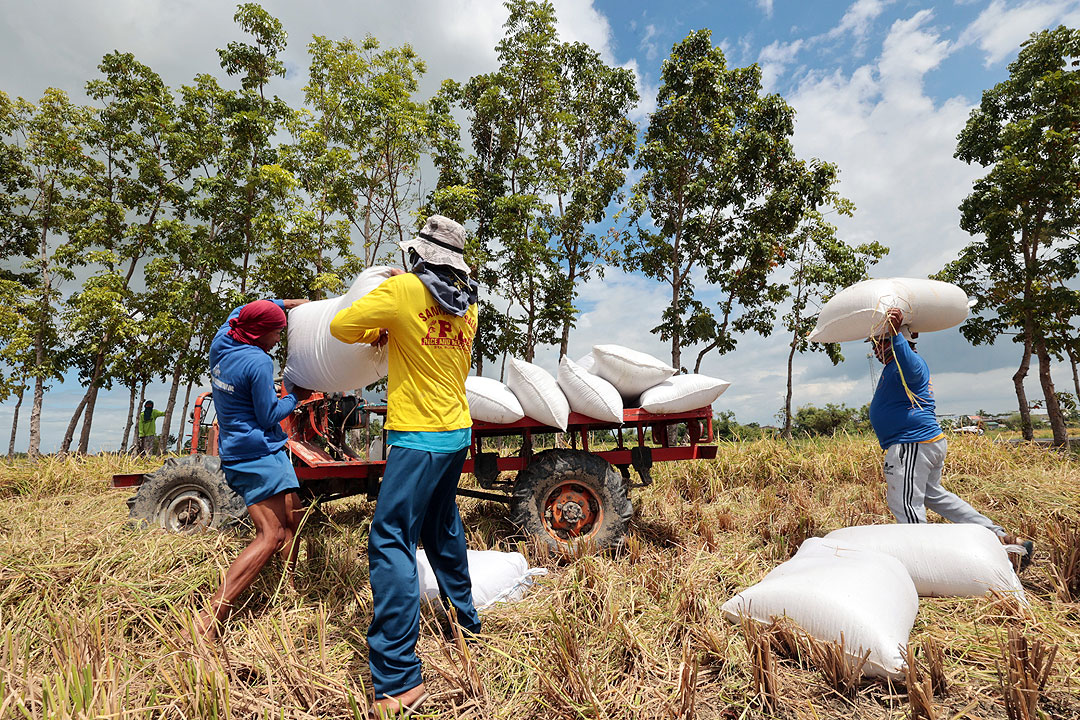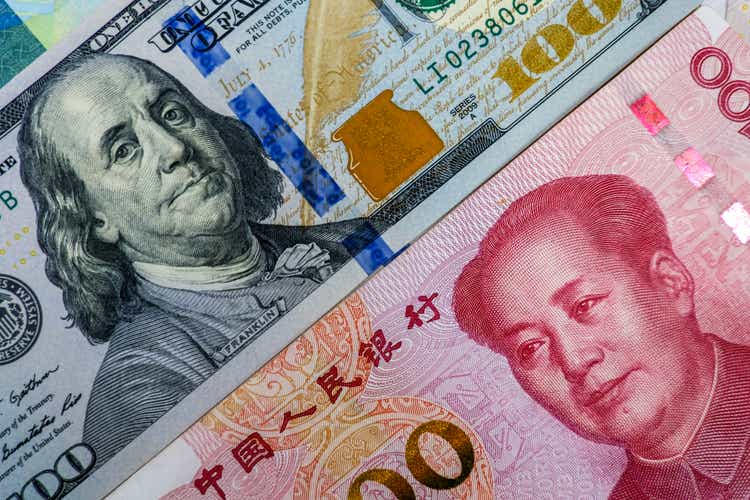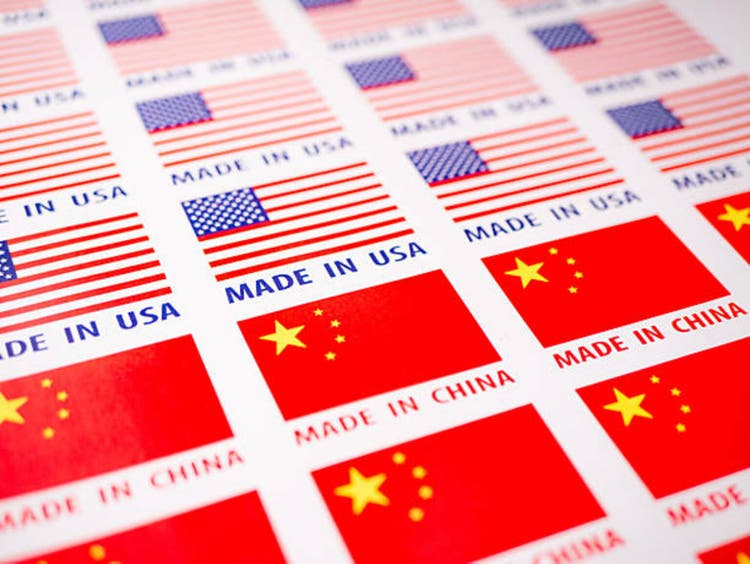 PHILIPPINE STAR/KRIZ JOHN ROSALES
PHILIPPINE STAR/KRIZ JOHN ROSALESTHE 20th Congress needs to devote significant attention to stabilizing the rice industry, in particular a measure that will set a floor price of P25 per kilogram (kg) for palay, or unmilled rice, the Integrated Rural Development Foundation (IRDF), a non-government organization (NGO) said.
In a statement, the IRDF said the “primary driver” of the current crisis is the Rice Tariffication Law of 2019, which removed restrictions on private-sector rice imports. In exchange, importers were required to pay tariffs on their shipments, set initially at 35% and since reduced to 15%.
The price of palay at the farmgate level has been recorded at P10 per kg in some areas, below the average production cost of P14.52 per kg estimated in 2024 by the Philippine Statistics Authority (PSA),
Production costs are also rising because of more expensive fuel and inputs, the IRDF added.
In 2024, the Philippines became the world’s largest rice importer, bringing in a record 4.8 million metric tons (MMT) of rice.
House Bill No. 1, or the proposed RICE Act, seeks to restore some regulatory powers to the National Food Authority (NFA), but the IRDF said “farmers remain exposed to price volatility and income uncertainty” if the NFA cannot influence the market with floor prices and grain procurement.
The IRDF called for a comprehensive law that provides integrated production, marketing and post-harvest support to rice farmers.
The 20th Congress should restore and strengthen the power of the NFA to regulate imports and intervene in the market to stabilize prices and buy palay at support levels, it said.
The IRDF supports the repeal of the Rice Tariffication Law, replacing it with a proposed Rice Industry Sustainable Development Act that sets the minimum farmgate price for palay at P25 per kg.
The floor price will help farmers earn at least P50,000 per hectare each harvest, equivalent to about P16,000 per month, thereby incentivizing continued planting and increasing yields.
It also supports legislation enabling the NFA to procure 10%-20% of the palay harvest. — Kyle Aristophere T. Atienza

 4 hours ago
1
4 hours ago
1



















 English (US) ·
English (US) ·